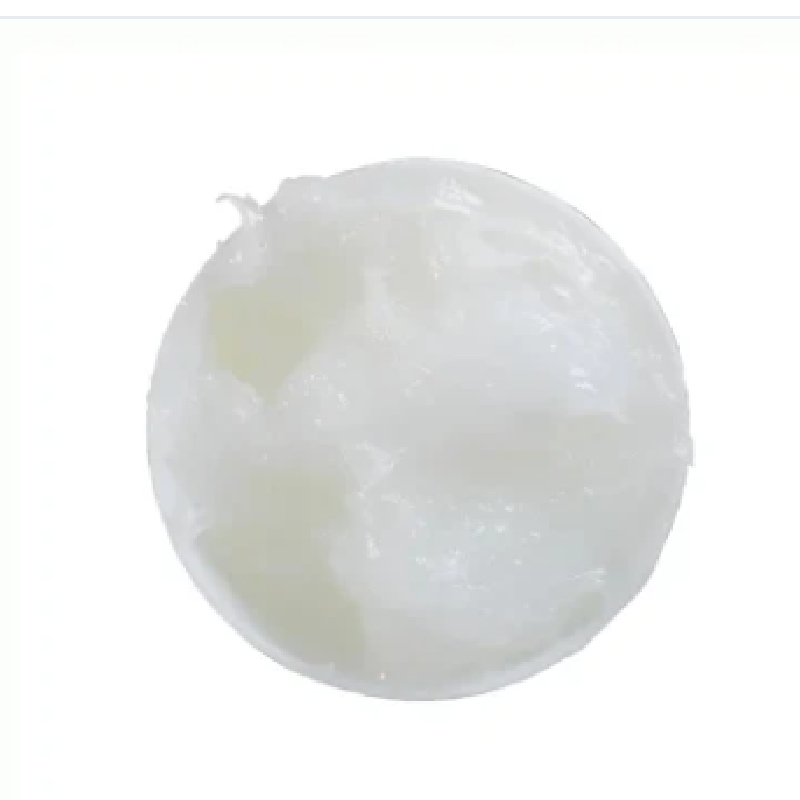Warning: Undefined array key "file" in /home/www/wwwroot/HTML/www.exportstart.com/wp-content/themes/1198/header.php on line 7
Warning: Undefined array key "title" in /home/www/wwwroot/HTML/www.exportstart.com/wp-content/themes/1198/header.php on line 7
Warning: Undefined array key "title" in /home/www/wwwroot/HTML/www.exportstart.com/wp-content/themes/1198/header.php on line 7
- Afrikaans
- Albanian
- Amharic
- Arabic
- Armenian
- Azerbaijani
- Basque
- Belarusian
- Bengali
- Bosnian
- Bulgarian
- Catalan
- Cebuano
- China
- China (Taiwan)
- Corsican
- Croatian
- Czech
- Danish
- Dutch
- English
- Esperanto
- Estonian
- Finnish
- French
- Frisian
- Galician
- Georgian
- German
- Greek
- Gujarati
- Haitian Creole
- hausa
- hawaiian
- Hebrew
- Hindi
- Miao
- Hungarian
- Icelandic
- igbo
- Indonesian
- irish
- Italian
- Japanese
- Javanese
- Kannada
- kazakh
- Khmer
- Rwandese
- Korean
- Kurdish
- Kyrgyz
- Lao
- Latin
- Latvian
- Lithuanian
- Luxembourgish
- Macedonian
- Malgashi
- Malay
- Malayalam
- Maltese
- Maori
- Marathi
- Mongolian
- Myanmar
- Nepali
- Norwegian
- Norwegian
- Occitan
- Pashto
- Persian
- Polish
- Portuguese
- Punjabi
- Romanian
- Russian
- Samoan
- Scottish Gaelic
- Serbian
- Sesotho
- Shona
- Sindhi
- Sinhala
- Slovak
- Slovenian
- Somali
- Spanish
- Sundanese
- Swahili
- Swedish
- Tagalog
- Tajik
- Tamil
- Tatar
- Telugu
- Thai
- Turkish
- Turkmen
- Ukrainian
- Urdu
- Uighur
- Uzbek
- Vietnamese
- Welsh
- Bantu
- Yiddish
- Yoruba
- Zulu
ส.ค. . 10, 2024 19:55 Back to list
Exploring the Benefits and Uses of Vegetable-Based Propylene Glycol in Various Industries
Propylene Glycol from Vegetables An Insight into Its Production and Applications
Propylene glycol, a colorless and odorless liquid, has gained significant attention in various industries due to its unique properties. Commonly used as a solvent, humectant, and emulsifier, it plays a crucial role in food, pharmaceuticals, cosmetics, and even industrial applications. Traditionally, propylene glycol has been derived from petroleum products; however, advancements in technology and a growing consumer demand for sustainable practices have led to the exploration of vegetable-based sources for propylene glycol production.
The production of propylene glycol from vegetables primarily involves the fermentation of carbohydrates. Plant-based sources, such as corn, sugarcane, and other biomass materials, act as the starting point in this process. During fermentation, starches or sugars are converted into pyruvic acid, which can then be further transformed into propylene glycol through a series of chemical reactions. This method not only provides an eco-friendly alternative to petroleum-derived propylene glycol but also utilizes renewable resources, thereby reducing the reliance on fossil fuels.
One of the significant advantages of producing propylene glycol from vegetables is its reduced environmental impact. Unlike conventional methods that contribute to greenhouse gas emissions, the use of biomass for production supports a circular economy. By choosing plants as a raw material, companies can mitigate their carbon footprint and promote sustainability. Furthermore, the cultivation of crops for propylene glycol production can contribute to local economies and enhance agricultural diversity.
In addition to environmental benefits, vegetable-derived propylene glycol is considered to be safer for human consumption. Regulatory bodies, such as the FDA, have recognized propylene glycol as Generally Recognized As Safe (GRAS). However, the growing trend toward plant-based products has led to increased scrutiny of ingredients used in consumption and production. Propylene glycol sourced from vegetables can cater to the health-conscious consumer segment, providing them with reassurance regarding the safety and quality of the products they use.
propylene glycol from vegetables

This vegetable-derived propylene glycol is extensively utilized in the food industry. As a food additive, it enhances moisture retention, flavoring, and overall texture in various products, including baked goods, sauces, and salad dressings. Due to its ability to blend oil and water, it serves as an essential ingredient in salad dressings and marinades. Additionally, its humectant properties help preserve the freshness of food items, extending shelf life and reducing waste.
In the pharmaceutical and cosmetic industries, vegetable-based propylene glycol is also playing a pivotal role. It acts as a carrier for active ingredients, improving their solubility and bioavailability. In skincare and cosmetic formulations, it helps retain moisture, making products more effective and appealing to consumers. The versatility of vegetable-derived propylene glycol opens up possibilities for innovation in product formulations, paving the way for more natural and environmentally friendly alternatives.
As consumer preferences shift toward sustainable and plant-based products, the future of propylene glycol derived from vegetables looks promising. With continuous advancements in biotechnology and fermentation processes, the scalability and efficiency of production methods are likely to improve further. By investing in research and development, manufacturers can unlock the full potential of vegetable-derived propylene glycol, ensuring its place as a staple in various sectors.
In conclusion, propylene glycol from vegetables represents a significant step towards sustainability and environmental responsibility. Its multifunctionality, combined with the benefits of being derived from renewable resources, positions it as a preferred choice for industries looking to align with eco-friendly practices. As the world increasingly embraces the concept of sustainability, vegetable-derived propylene glycol is set to become a vital ingredient in a wide array of products, benefiting both consumers and the planet.
Latest news
-
2025 European Fine Chemicals Exhibition in Germany
NewsMay.13,2025
-
2025 New York Cosmetics Ingredients Exhibition
NewsMay.07,2025
-
Zibo will host the 2025 International Chemical Expo
NewsApr.27,2025
-
2025 Yokohama Cosmetics Raw Materials and Technology Exhibition
NewsApr.22,2025
-
2025 India Mumbai Fine Chemicals Exhibition
NewsApr.18,2025
-
Nanjing will host the 2025 Yangtze River Delta International Chemical Industry Expo and the National Chemical Industry Conference
NewsApr.15,2025

